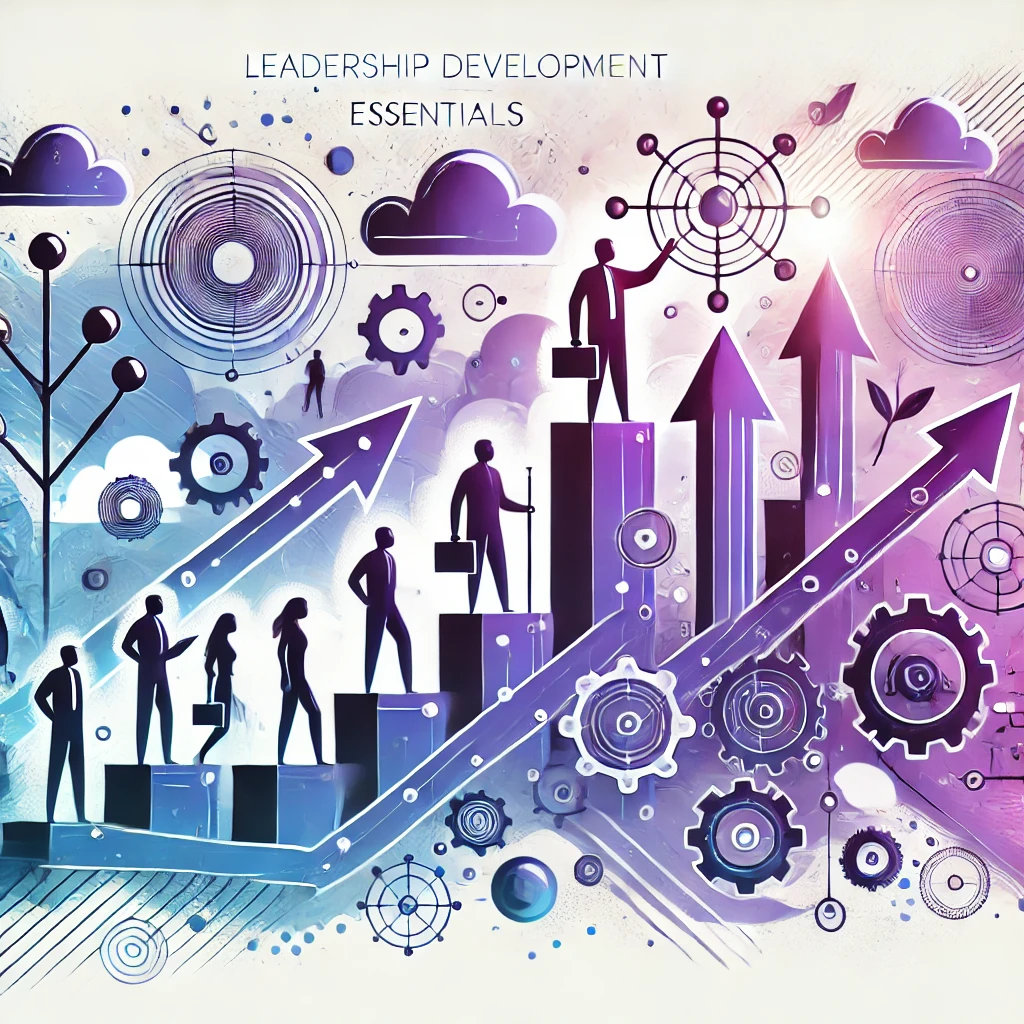1-3-5 Law to Increase Productivity
1-3-5 Law to Increase Productivity
When motivation is lost and the whole day goes by with constant stress and running, efficiency often drops rapidly and you can’t do all the work. Strong efforts will not be able to save this situation, this principle will help to prioritize and increase productivity. Read more: How Productivity is Related to Internal Satisfaction and Evaluation.
In a study by the State of the Local Workplace, Gallup reported that “in the workplace, 85% of employees report feeling out of work and losing productivity.”
Are these three magic numbers the secret to a productive day? How does this law work in life and how to use it?
The principle of productivity
The binding and realistic 1-3-5 law approach is based on the fact that the day’s focus is on:
“1 large and important case, 3 medium and less important cases, and 5 small and insignificant activities.”
In order to apply this law in your daily life, it is necessary to prioritize or arrange the order of importance of things. This will then help you choose important, less important, and unimportant actions.
→ 1. Create a to-do list, sorted by importance
Such a list can be created for each week, as well as separately for each day. Once the works have been formulated and written, it is easier not to confuse and understand the deadlines that must be met.
The to-do list can also be created within a specific project or task, dividing it into smaller and easier tasks.
- Digital list – Nowadays, you can create your to-do list in various applications (e.g. Todoist, simple and clear; Microsoft To-Do, especially convenient for Microsoft users; Google tasks, for Google active users) will simply take notes, because then it will always be with you on your mobile phone and will be available at all times. After that, it’s also a good idea to sync it to your work devices for easy access from your computer.
Using digital to-do lists or notes on your phone, you can easily list things to do. In turn, using paper, the works are thought through, recording the level of importance and priority of each task.
- Handwritten list – unconsciously, such a list gives greater confidence that the works could be done and the desire to do them at a certain time, not postponed. The biggest difference is that a handwritten list stays better in memory than an electronically written list, because, in the process of writing, the brain thinks about displaying each letter and word on paper.
“Writing is a complex task that requires a variety of skills – to feel the pen and paper, to move the writing tool, and to move the movement with thought,” says Edouard Gentaz, Professor of Developmental Psychology at the University of Geneva.
→ 2. Complete the most important 1 task
By performing 1 most important thing every day from your to-do list, a high level of productivity will be achieved in a week, thus completing 20-30 important tasks in a month! This is how the adult logic of productivity is formed, because task 1 seems to be relatively little and nothing, so every day you can focus on the most important thing, which is also done and does not cause additional stress.
Ludovic Rembert, the owner of Privacy Canada, says of prioritizing which tasks to do first: “Solve the biggest task of the day. The biggest task is usually the hardest to accomplish, so it’s best to avoid it so you can keep doing other things.”
→ 3. Mark the completed work
Inspire yourself and allows you to create a transparent list where you can mark, strike or color your work. This way you will see that the list gets smaller and more work is done. It will serve as a reminder of the progress made in improving the mood and will motivate the continuation of the “1-3-5 principle”.
Changes and benefits
The “1-3-5 principle” will have helped to organize a chaotic and energetic everyday environment, when you need to be able to do as much as possible, even though there are 24 hours a day, which was not enough before. The to-do list will clearly allow you to move forward, complete tasks, and increase productivity over time. Through this principle, it is possible to get to know yourself better and adapt to your needs by changing the habits of performing the most important and small duties. Read more: The Impact of Social Media on Productivity









